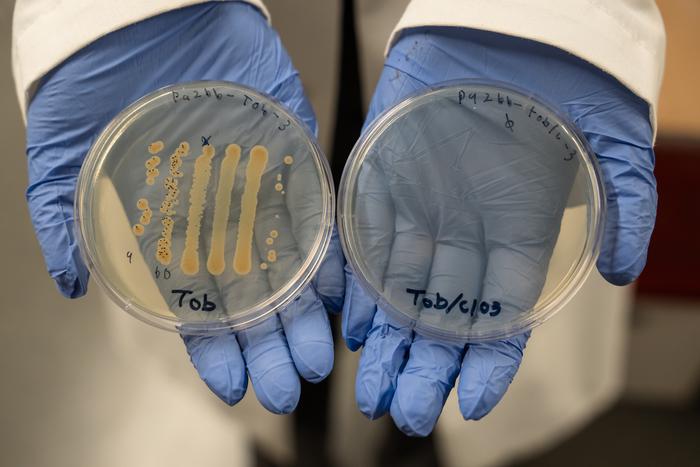Researchers at the University of Oregon have demonstrated that a combination of antibiotic therapy and chlorate significantly enhances the effectiveness of treatments against chronic wound infections caused by the notoriously resilient bacterium Pseudomonas aeruginosa. This innovative approach, led by Dr. Melanie Spero, shows a remarkable 10,000-fold increase in bacterial cell kill rates in laboratory settings compared to traditional single-drug antibiotics.
The implications of these findings are profound, particularly for patients suffering from chronic wounds, such as diabetic foot ulcers, which often lead to severe complications including amputations. The ability to reduce the required antibiotic dosage while increasing efficacy could not only shorten treatment times but also mitigate the risks of antibiotic toxicity and resistance. Dr. Spero emphasized the potential of drug combinations to combat antibiotic resistance, highlighting the need for further exploration into the mechanisms that enable such synergistic effects.
As chronic wounds affect approximately 2% of the U.S. population, the research paves the way for more effective antimicrobial strategies that could revolutionize treatment protocols in the field of infectious diseases. If successfully translated to clinical settings, this approach could significantly alter the landscape of chronic infection management, offering hope to millions.
Open the full market picture for your next decision →



